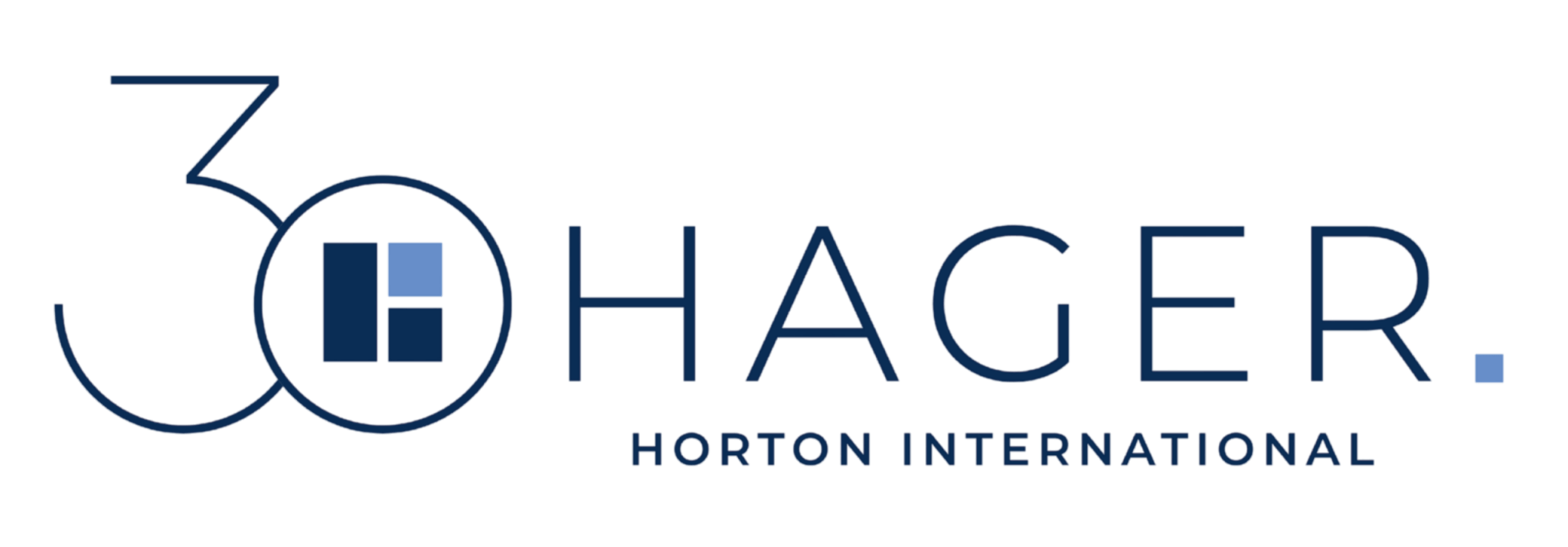Corporate culture becomes a success factor

The COVID-19 crisis has made it clear that good leadership is influenced by many essential human factors: Trust, social cohesion even at a distance, compassion, appreciation, solidarity, understanding, personal responsibility, flexibility and tolerance. All of these are ingredients of the cement that holds us together in such challenging times.
In just a few days, these values became the leitmotif of leadership at a distance. Supportive leadership was in demand. Stress and working time issues became more important during the crisis. Mobile working from home mutated overnight from a benefit to a necessity. A corporate culture is characterized by how flexibly and supportively it reacts to new environmental conditions. The strength of a culture is always demonstrated when it is able to prove itself in a changing environment. Cultural change is always accompanied by a shift in responsibilities. In the current climate, employees are expected to take even greater personal responsibility, organize themselves well and manage their energy realistically: how much can I take on, how much can I expect of myself?
The ambassadors of a good corporate culture are employees and managers alike.
“A stable corporate culture overcomes crises, ensures that goals are achieved and creates an attractive image to the outside world”. Explains Thomas Wetzel, Head of Training & Coaching at HAGER.
Even more radically digital
The technology was already there, but nobody used it. Who could have imagined organizing workshops and conferences virtually before coronavirus? Or testing out hybrid models? This courage to try things out, to improvise, to fail and to pivot. That is new. And it will remain so after corona. Along with the certainty that everything that can be digitized should be digitized. And everything that promotes innovation should not be put on the back burner – watch out for the old savings reflex.
“Before the pandemic, virtual events were the exception rather than the rule. But since the virus took hold of everything, everyone has noticed that there are hardly any areas that are exempt from digitalization. Many entrepreneurs have ‘summoned up their courage’ with innovative strength to venture down new paths and have even accepted failure in the process. This change of heart was often born out of necessity, but in all honesty, we all realized that the digital transformation also brings success and, incidentally, convenience for many. I can therefore only strongly advise everyone and every decision-maker not to make a U-turn and return to old patterns. Keep going and keep going, as my role model Oliver Kahn used to say,” says Martin Krill, Managing Partner at HAGER.
Human-machine interaction – a fruitful connection
In the future, it won’t be so much the technology itself that matters, but the human-technology interaction, says Professor Marion A. Weissenberger-Eibl, who heads the Chair of Innovation and Technology Management at KIT in Karlsruhe. Prof. Wilhelm Bauer from the Fraunhofer Institute for Industrial Engineering also believes that technologies can only develop their full potential when modern work organization and motivated employees work together. “People and technology will interact much more ubiquitously and substantially change the way we work.”
“Virtual and augmented reality in human-machine interaction are currently moving from the experimental phase to widespread commercial use. But this will not be the end of development. Over the next few years, we will see machines grasping and controlling increasingly complex situations. They will see, hear, feel and make decisions for humans. The consequences of this close human-machine interaction in terms of opportunities such as accessibility and the expansion of human options, but also in terms of risks such as hacker attacks and misunderstandings in human-machine communication, will be a dominant topic in the coming years.” Dr. Monika Becker, Business Unit Director Software, HAGER.
The office is coming back, only differently
We would all agree by now that working from home is a solution, but not the solution and, above all, not a permanent solution. With a stamp! However, the office as a physical place will by no means disappear; on the contrary, it will actually be upgraded and take on a new quality. In a concrete sense as a central place for meetings and intensive collaboration, in an abstract sense as a location for the specific corporate culture. This is literally in the air. Anyone who has entered a company for the first time has felt this immediately – both positively and negatively. What will certainly change, however, is the interplay between different ways of working: the best form will be chosen according to individual or situational needs: Home office, in-house, co-working spaces or mobile working. Meetings in a café or work meetings on a walk? Why not? The term “activity-based flexible office” has become established in the specialist literature.
“The world of work has changed radically in recent months and has become much more hybrid. More than ever, we were asked to rethink the old. Contrary to some preconceptions, working from home has become established. There will be no going back to old structures after the pandemic. The future of work is becoming more digital and agile. At the same time, we have seen that in the end it is always the people, the employees in the companies, who make the difference in competition. The integration of modern technologies, the design of offices as social meeting places, new organizational structures and a stronger focus on corporate culture will be key tasks in the future. This requires the right managers and the best possible team composition.”
Explains Martin Krill, Managing Partner at HAGER.
It’s getting breezier in the city centers
The pressure on business metropolitan areas has been enormous in recent years and prices have been astronomical. The pandemic has massively slowed down the Tokyoization of German city centers. And lo and behold, there is another way – a better way. Less traffic, but more space in the open-plan office. Less stress and more time for sport because there’s no time for commuting. Who wants to go back to the old madness? This opens up completely new perspectives for the outskirts of major cities and rural areas: Co-working spaces are being created and investments are finally being made in better networks. Living and working in the countryside – if that’s not a good prospect. Over time, this will also have an impact on real estate prices for commercial and office space. This is not good news for everyone, but for most. And for start-ups and Germany as a location for innovation in any case.
“In fact, it is not just Germany, but the whole world that is undergoing “change”. For some it is positive, for others negative, but everyone is affected.
The city centers of metropolitan regions have lost their charm, as people now use the Internet for shopping, their own four walls for working and meet up for coffee in the village.
We will see in the next few years whether this is reflected in office prices, but there are still many investors and project developers who are investing in inner-city commercial real estate.
Accordingly, a 100% prediction of future development should certainly be viewed critically”. Confirms Sahar Zabler, Business Unit Manager Construction & Real Estate at HAGER.



